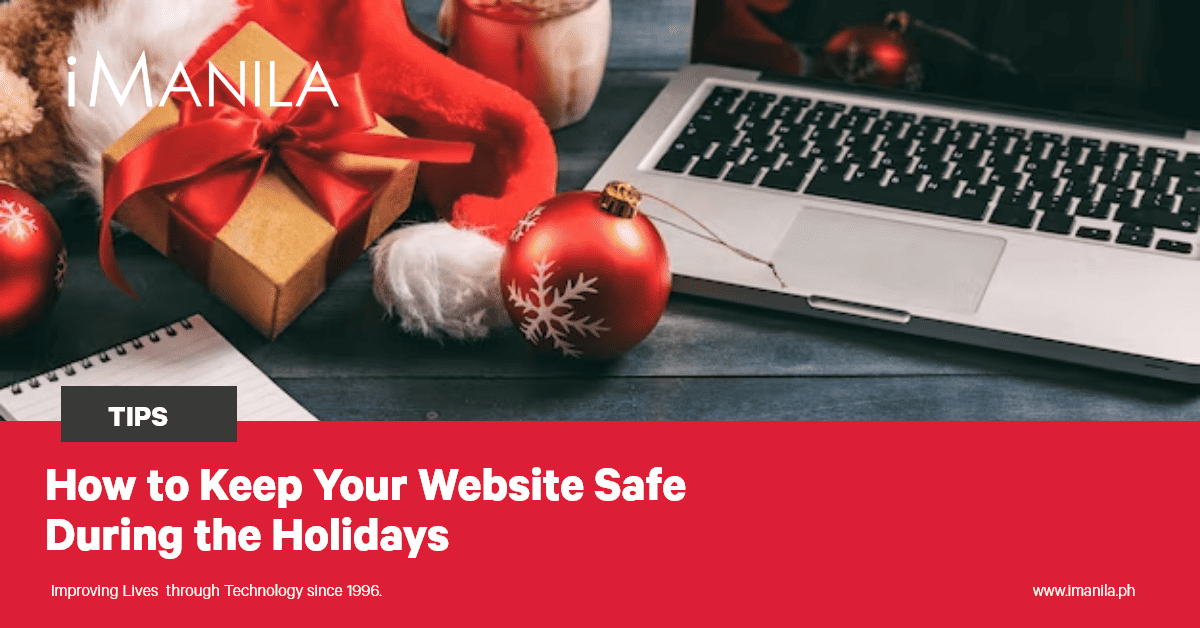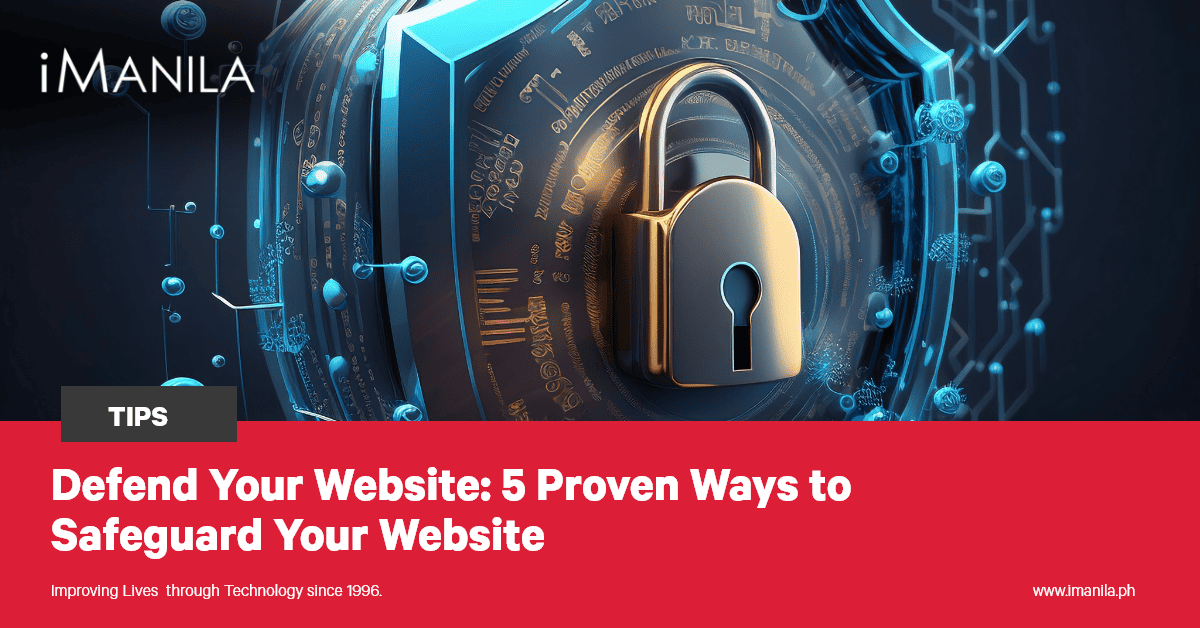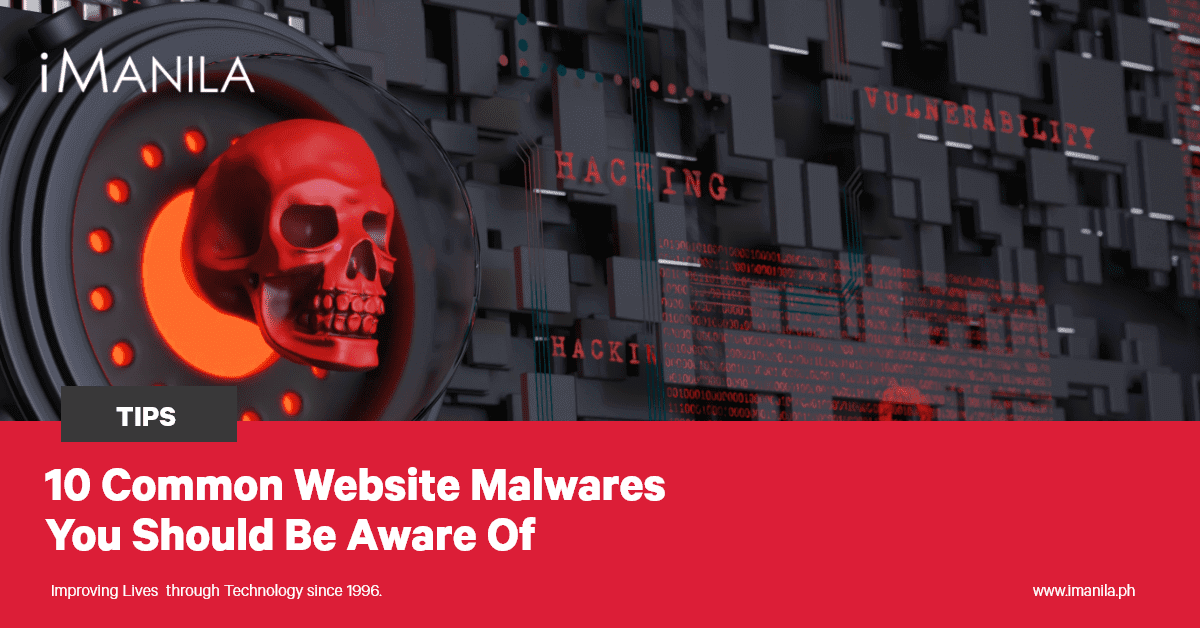Top 6 Tips to Boost Your Website Performance this 2024
As we enter 2024, website performance remains a critical factor in the online world. Whether you’re a business owner or blogger looking to enhance user experience, the performance of your website is paramount.
In an era where attention spans are shrinking and competition is fierce, a slow or poorly performing website can deter visitors and hinder your online objectives. To stay ahead, it’s crucial to keep your website running at its peak.
In this blog, we’ll share the top six tips to supercharge your website’s performance in 2024. These practical strategies will not only improve loading speeds but also enhance user engagement, boost search engine rankings, and contribute to the overall success of your online presence. So, let’s dive in and ensure your website is primed for peak performance in the year ahead.
Tip #1: Optimize for Mobile-First
As most internet traffic now comes from mobile devices, ensuring your website is mobile-responsive is necessary. In 2024, mobile optimization goes beyond responsive design. It includes techniques like Accelerated Mobile Pages (AMP) and Progressive Web Apps (PWAs) that provide fast, seamless experiences on mobile devices. Furthermore, Google’s mobile-first indexing also prioritizes mobile-friendly websites, making this optimization even more critical for SEO.
Tip #2: Enhance Page Loading Speed
Page speed remains a top priority in 2024. Visitors expect websites to load lightning-fast, and search engines reward faster sites with better rankings. So, regularly analyze your site’s performance with tools like Google PageSpeed Insights or GTmetrix to identify and fix bottlenecks.
Tip #3: Upgrade Hosting Plan

Your hosting provider plays a significant role in your website’s performance. It’s vital to choose a reliable hosting plan that can handle your website’s needs. Consider iManila’s business cloud hosting for scalability and reliability.
Tip #4: Invest in Cybersecurity
With the increase in cyber threats, website security is non-negotiable. In 2024, invest in robust security measures, such as Web Application Firewalls (WAFs), regular security audits, and SSL certificates to protect your website and user data.
Furthermore, maintaining the security and functionality of your website doesn’t have to be complex. You may choose to partner with reputable web hosting and development companies like iManila to assist you in any web maintenance tasks. From revising your web copy and updating your website’s plugins to maintaining web security, we’re here to help. Stay ahead of evolving trends and security threats with a proactive approach.
Tip #5: Content is King

Quality content not only engages users but also impacts SEO. In 2024, invest in a comprehensive content strategy that includes keyword research, long-form content, and multimedia elements. Fresh, valuable, and relevant content keeps users coming back for more.
Tip #6: Regular Updates and Maintenance
Websites are not set-and-forget assets. To maintain peak performance:
- Conduct regular updates and maintenance.
- Keep software, plugins, and themes up to date, and regularly audit your website for broken links and outdated content.
- Remove redundant or unused plugins that may slow your site down.
Final Thoughts
As we step into 2024, the digital landscape continues to evolve, and website performance is more critical than ever. By implementing these top six tips to optimize your website’s performance, you’ll not only meet the expectations of today’s online audience but also stay ahead of the curve. Don’t wait – start the new year strong by boosting your website’s performance. Let iManila help!
With 27 years of experience in the industry and an IT company at its core, iManila, having been one of the first Internet Service Providers in the Philippines, a web development company and a top digital marketing company in the country, is committed to providing our clients with innovative information technology, web, and digital solutions.
iManila is a top hosting provider in the Philippines, offering reliable web hosting solutions, including shared web hosting, business cloud hosting, and dedicated server hosting to meet your business needs. As a leading web development company, iManila also offers web design and development, website update and maintenance, and technical, desktop, and remote support services. Our expertise extends to mobile applications development specializing in customized web systems catered to diverse industries. As a top digital marketing agency, we also offer a wide range of digital marketing services. Talk to us!











